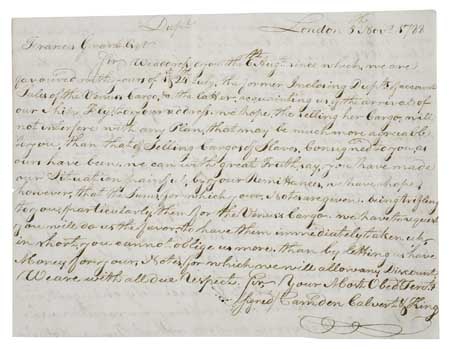Sale 2137 - Lot 4
Unsold
Estimate: $ 3,500 - $ 5,000


Aliquam vulputate ornare congue. Vestibulum maximus, libero in placerat faucibus, risus nisl molestie massa, ut maximus metus lectus vel lorem.